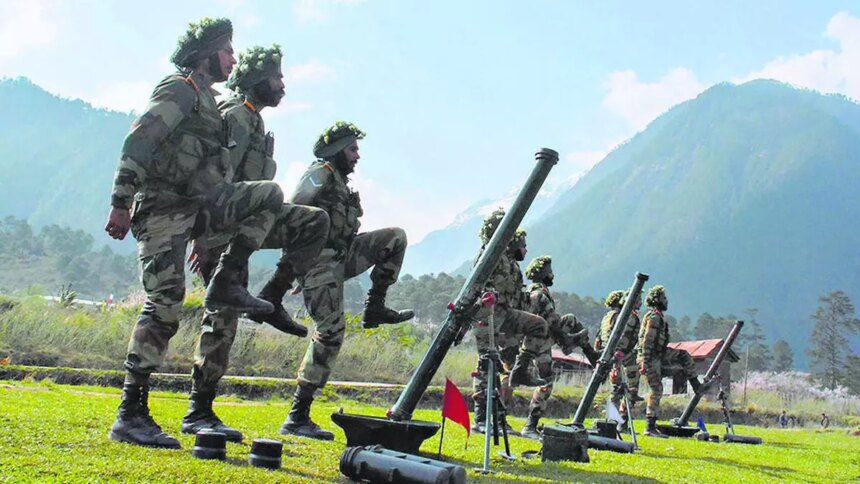The government is set to introduce Defence Reform 2.0 in 2025 as part of its efforts to enhance “Aatmanirbharta” (self-reliance) in defense. This initiative comes in response to long-standing calls from both the defense industry and the armed forces for streamlined acquisition procedures, which currently take a minimum of seven years to integrate major platforms. In today’s rapidly evolving warfare landscape, where military technology has a limited operational lifespan, this delay is increasingly untenable.
According to the Ministry of Defence, the Defence Acquisition Procedure of 2020 is poised for a thorough overhaul in 2025, with a focus on aligning it better with the operational needs of the services. Over the next 15 years, more than 500 projects have been earmarked to enhance the armed forces’ combat capabilities.
The Ministry outlined that these acquisition projects will encompass various categories, including force application, battlefield awareness, command and control, maintenance and support, and protective measures.
In May 2024, the Defence Procurement Board approved the Annual Acquisition Plan for 2024-26. This plan identifies 25 initiatives, with an estimated cost of around ₹40,695 crore, aiming for completion in the fiscal year 2025.
To bridge any capability gaps and introduce advanced technologies, the Defence Acquisition Council (DAC) established a special provision known as EP-IV on 22 August 2023. This resulted in 73 contracts being awarded for Capability Development across multiple sectors, including drones and counter-drone systems, weapon systems, mobility and protection, and overall survivability.
During the last four financial years (2021-2022 to 2024-2025), 158 capital acquisition contracts totaling ₹70,028 crore were finalized. Notably, 144 of these contracts, amounting to ₹68,121 crore (or 97.3%), were awarded to Indian vendors through normal or emergency procurement processes, which significantly cut down on foreign expenditures.
In the current year, 16 contracts have been finalized, with 14 awarded to Indian companies. These contracts are expected to enhance capabilities in key areas such as small arms, long-range vectors, communication systems, and remotely piloted aerial vehicles.
As of November of this year, the DAC and DPB have approved 40 capital acquisition proposals valued at ₹4,22,129.55 crore. Impressively, 94.19% of these proposals, amounting to ₹3,97,584.34 crore, have been directed toward indigenous firms.
For example, in September 2024, the DAC approved ten capital acquisitions, including Future Ready Combat Vehicles, Air Defence Fire Control Radars, Dornier-228 aircraft, and Next Generation Fast Patrol vessels, with a total value of ₹1,44,716 crore.
One significant contract signed by the Ministry of Defence was with the US government for the tri-service purchase of 31 MQ-9B Sky/Sea Guardian High Altitude Long Endurance Remotely Piloted Aircraft Systems (RPAS) in October 2024. Additionally, a contract was established with General Atomics Global India Pvt Ltd for Performance Based Logistics, which includes maintenance, repair, and overhaul services for these RPAS within India.










